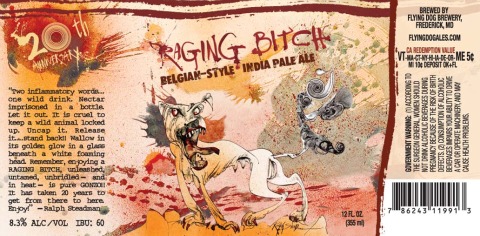Comments on the NYLS "Expose"
Last Sunday's NYTimes "expose" on law school economics, with a pretty skewed perspective on my alma mater, NYLS, left much to be desired. The author would be doing a much better service by questioning the validity of the US News rankings (which many inside and outside the academy continue to do), deceptive reporting across the board (likely including NYLS), miniscule response rates to employment surveys, further exploring the rising costs of living and tuition (can't find a school that's lowered it's tuition, correct me if I'm wrong), looking at faculty salaries, or really anything else that provides a fuller picture. And then there's the assumption that everyone who goes to law school wants to work in Big Law and that no other legal or non-legal career options exist. The author's previous explorations of the topic touched on many of those things, so it's a bit disappointing to see so much context left out. You can read the article here ,...

